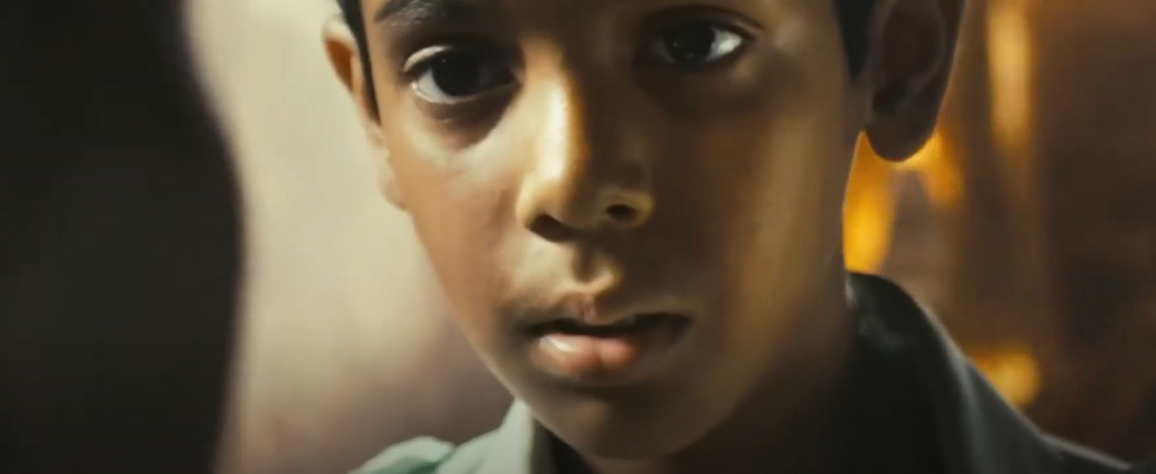So, you spent a lot of time and energy on prep, went through the interview, waited impatiently to hear back the results and you just learned that they are not proceeding with your application. What now?
This post is not about how to communicate politely after you are rejected or how to seek relief from the negative feelings. These are not the best ways to handle interview rejection. In fact, the best way of handling interview rejection is not even related to the rejection. It’s about the interview itself. It’s about what went on during the interview. Let’s continue reading.
The opening scene of the Slumdog Millionaire movie starts with a question about how the main character is wining in a TV quiz competition. The choices are: 1- he cheated 2- he’s lucky 3- he’s genius 4- it was destiny. The movie implies that #4 is the right answer. I don’t think the right answer is any of these choices. The main character is about to win the competition because of being able to remember relevant past experiences. The key question is why they are able to remember? I’d say because they cared to learn. Now, the distant second best answer IMO is #2, i.e. he is lucky.
The average person’s mentality is that after I’m done with the interview, I want to be done with it. Do you share the same sentiment? How many job interviews have you had in your life? How many times have you heard about others’ interview experiences? Now answer this simple question. Did you bother making sure you learn the right and in-depth answer to every interview question you’ve been asked or heard from others? Yes? Then you are already way better than the average person. Next question, how many of those questions have been documented by you for your future reference? If you answered is greater than zero, you are already an exceptional person in my opinion. A couple of more questions to wrap this paragraph up. Have you written detailed notes about every question you’ve been asked in an interview with the right vetted answer? How many times have you reviewed your notes?
The truth is that, after a certain age (safe to assume if you are applying for a job you’ve already passed that point), the problems you face in life are not net new. You’ve already seen a version of them if not the same exact thing. Same about the interview process. If you are in the tech domain, you may be mumbling, have you seen how many questions are out there on these coding exercise platforms? Do you know how many system design questions are out there? Well now you know that I know. Let’s return back to our main topic. What is the best way to handle interview rejection? The answer is that you just want to learn. When your goal is to learn, rejection is not the first thing you remember. It always comes second to your learnings. Before hearing the outcome, you’ve already done your due diligence. You’ve taken detailed notes about your recollection of what happened during the interview. What you potentially missed and what you learned from that. Don’t get me wrong, rejection is never fun. As I mentioned earlier, like anything else in life, there is always a little bit of luck or game of odds or whatever you call it involved as well. However, the highlight for you is the learning not the outcome. The day my friend that the learning becomes more prominent in your memory compared to the outcome, even if it’s acing the interview and getting an offer, that’s when I guarantee for you that you’ll eventually reach your dreams.
